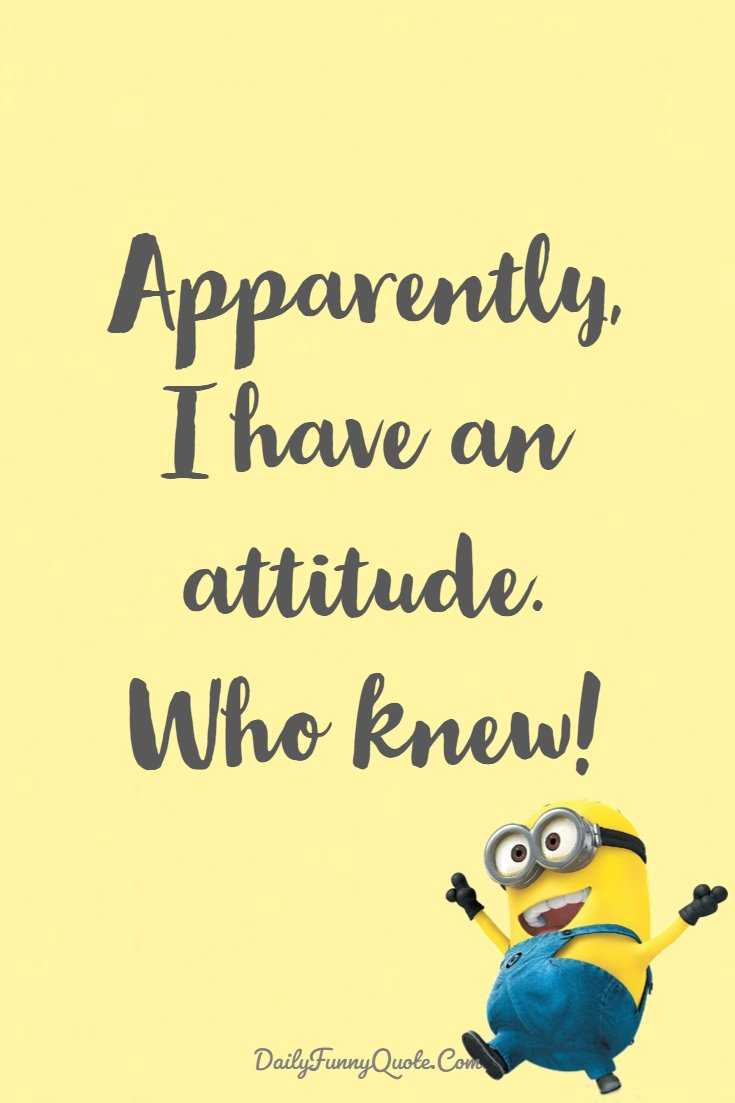
Using the Google tool, they came up with lists of words most closely related to each of the six categories. Since many of the words on the human-rated funny list fell into more than one category, the researchers needed a more precise measurement of how a word's meaning translated into comedy. Now this is where things get dangerously mathematical. From this "correlation plot," the researchers identified six different clusters or categories of funny words: insult, sex, party, animal, bodily function and expletive.
#Short funny words free
Using a free tool developed by Google that identifies words that are commonly used for one another (co-occurrence), Westbury mapped out the semantic relationships between 234 of the funniest human-picked words. For the first analysis, the researchers looked at "semantic predictors" that group words with similar meanings. To do it, Westbury analyzed words in two different ways: by their meaning and by their form. (I mean, just try to say "random farting fit" without smiling.) So the goal of Westbury's modeling experiments was to go beyond philosophical theorizing and come up with a truly quantifiable scale of funny.
#Short funny words movie
A random coughing fit in a crowded movie theater isn't nearly as comical as a random farting fit. While the incongruity theory of comedy makes perfect sense - even orangutans find switcheroo tricks high-larious - Westbury says it's not a true scientific "theory" in that clearly not every incongruous event is as funny as another.

Cicero introduced "incongruity theory," writing that "the most common kind of joke expect one thing and another is said in which case our own disappointed expectation makes us laugh." Plato and Aristotle weren't big fans of humor, seeing it mostly as a way of denigrating and feeling superior to others. In his paper, Westbury explains that philosophers have been trying to unravel the mystery of humor for millennia.

When Westbury applied his model to a dataset of 45,516 English words, it decided that these 10 words were the funniest of all: "upchuck, bubby, boff, wriggly, yaps, giggle, cooch, guffaw, puffball, and jiggly." Runners-up included "squiffy, flappy and bucko" and the perennial favorites of every 8-year-old on the planet: "poop, puke and boobs." On the other end of the spectrum, the word found to be the absolute least funny was "harassment." Westbury published a paper in October 2018 in the Journal of Experimental Psychology with the first-rate title, " Wriggly, squiffy, lummox, and boobs: What makes some words funny?" In it, he started with a list of the 5,000 English words rated funniest by real humans and constructed a working mathematical model for predicting the laugh factor of nearly every word in the dictionary. But why? Psychology professor Chris Westbury at the University of Alberta has a fascinating theory, and it's based on perhaps the two unfunniest words in the English language: statistical probability.

And it's true! If you need a place name for a punchline, you're guaranteed to kill with Kalamazoo, Schenectady or Rancho Cucamonga.


 0 kommentar(er)
0 kommentar(er)
